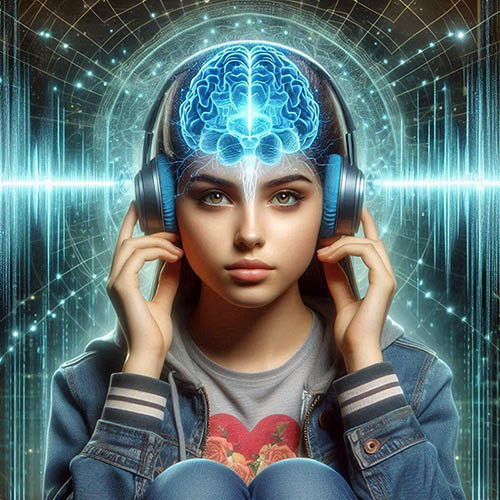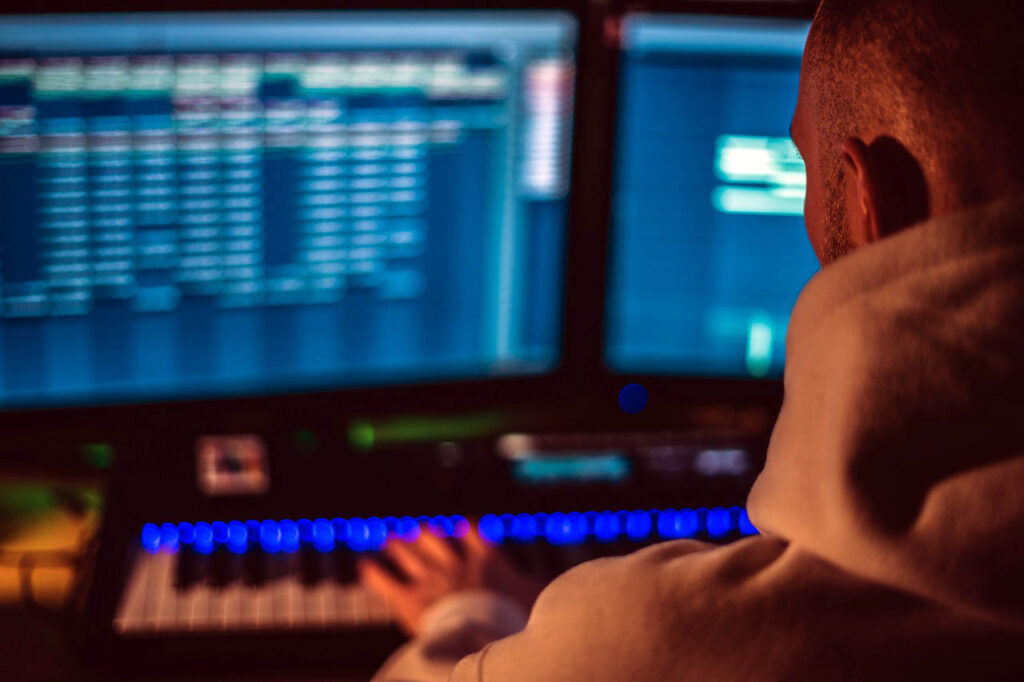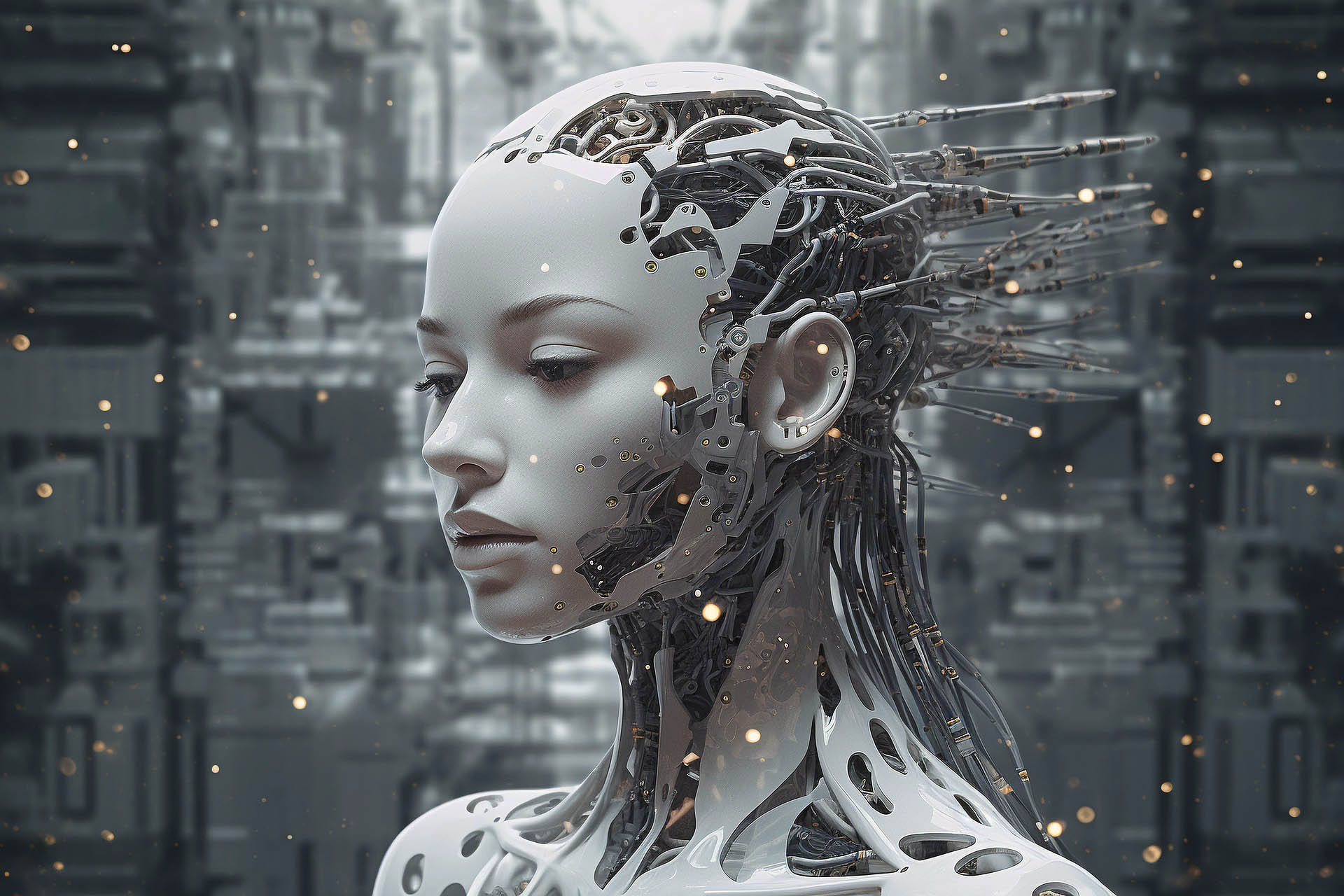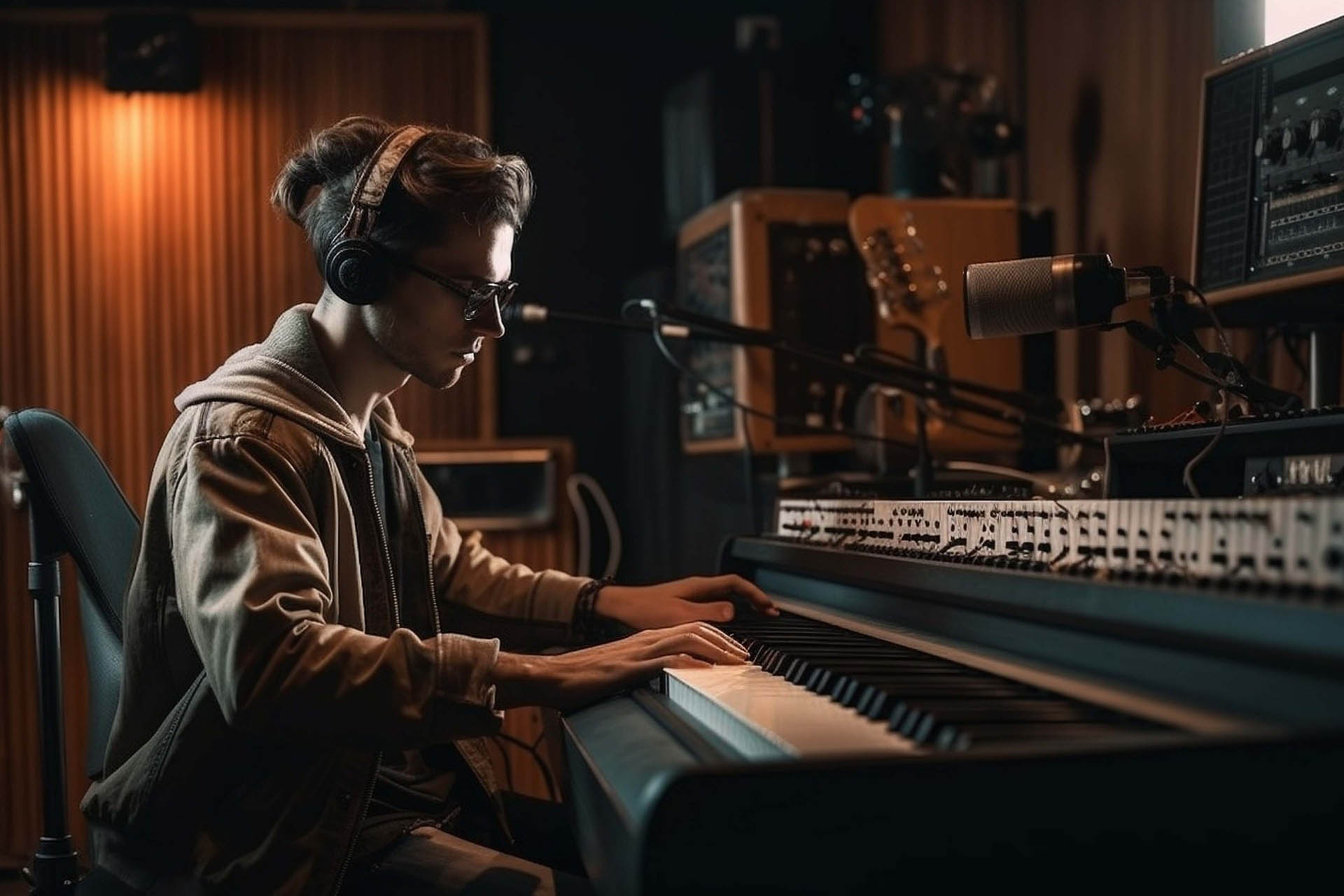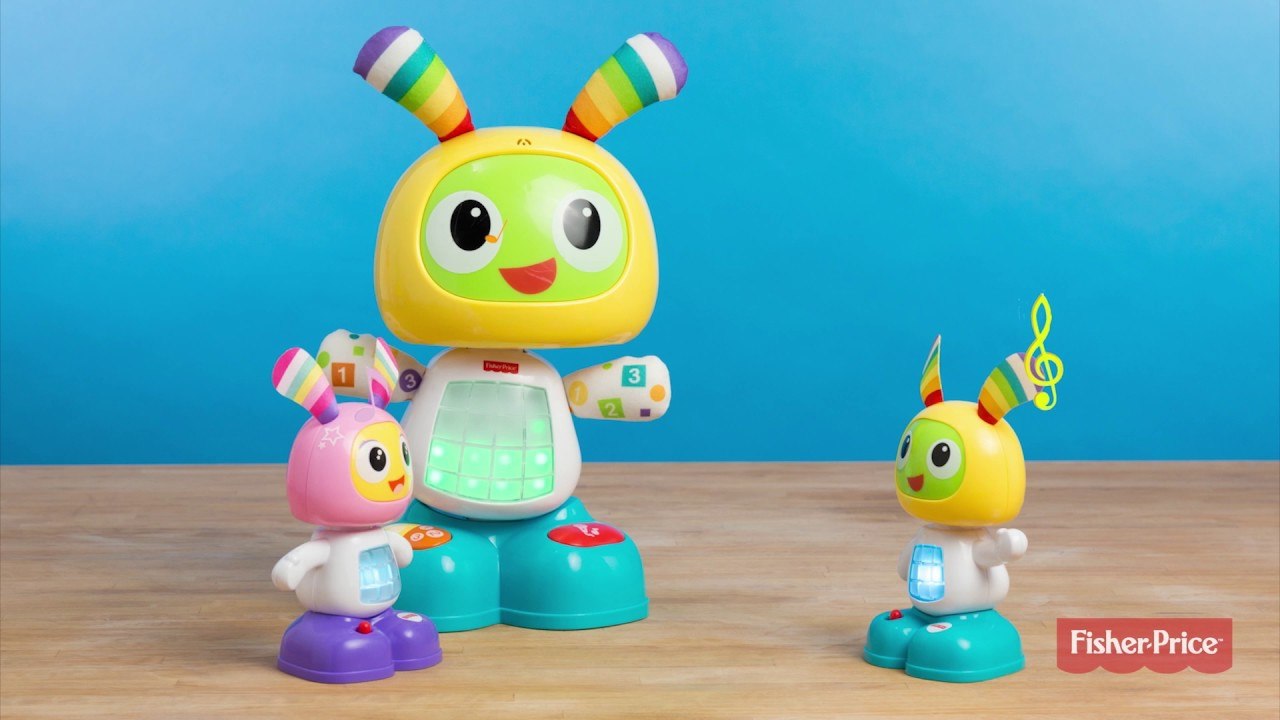New Free Vocals Downloads! We have published a brand new set of vocal downloads, including new a cappella voices, spoken word / audio books and sound fx. Also, we have archived some of our old downloads. So if you can’t find something that you were looking for, get in touch.
Each of these categories has its own unique charm and application in music production. In this article, we’ll break down how you can use these powerful vocal resources to create captivating tracks.
A Cappellas: The Heart of a Track
A cappellas are a fantastic resource for adding vocal elements to your music. These recordings consist solely of vocal performances without any instrumental backing. When you download an a cappella, you gain access to a singer’s raw, isolated vocal, which you can layer into your production.
New Free Vocals Downloads: How to Use A Cappellas in Your Tracks
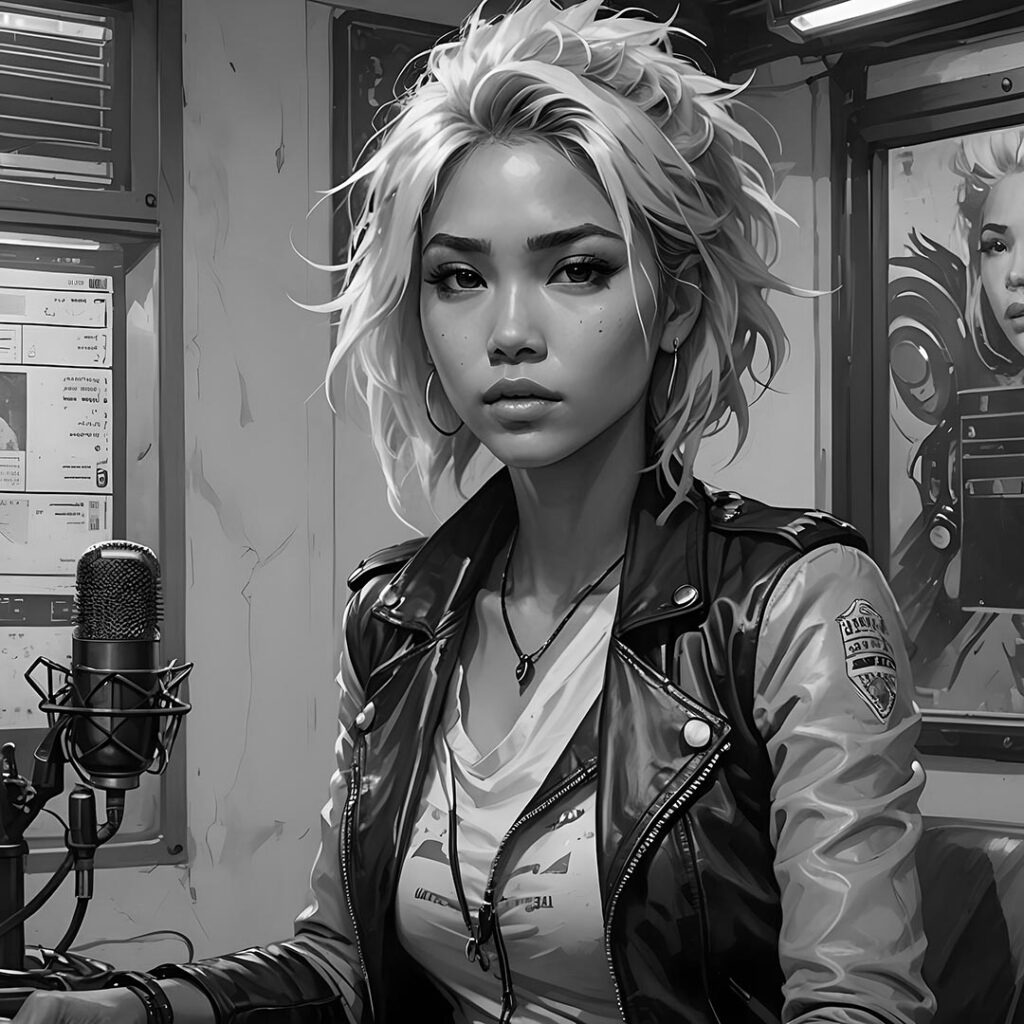
Firstly, a cappellas are most commonly used in remixes. Producers often take the original vocals of a song and reimagine the instrumental underneath. With this, they create a completely fresh sound. Whether you’re working on EDM, hip hop, or pop music, our original a cappella vocals give you the creative freedom to craft unique remixes.
Additionally, you can chop and edit these vocals for sampling. Sample-based genres like house and future bass benefit from a cappellas because they allow you to slice different parts of the vocal. Just alter their pitch or timing for dynamic loops or hooks.
Moreover, even original compositions can shine with the use of a cappellas. Producers can either use the full vocal as a lead or harmonize it with new instrumentals. This is especially useful if you don’t have access to a singer, but you still want professional-quality vocals to add emotion and energy to your track.
Spoken Word: A Storytelling Tool
Next, spoken word vocals are often overlooked but are equally powerful in music production. These are recordings of poetry, narrations, or casual conversations that lack a melodic structure but carry a strong message or emotion.
New Free Vocals Downloads: How Spoken Word Enhances Music Productions
Generally, spoken word vocals can provide depth to more experimental tracks or add narrative elements to electronic, ambient, or cinematic compositions. The flexibility here is in the delivery. Spoken word recordings are not tied to a specific key or tempo, making them ideal for creating a moody or thought-provoking atmosphere.
Most importantly, you can use spoken word to tell a story. If you’re working on a track with a thematic concept, introducing spoken word elements in your breakdowns or intros will immediately captivate your audience. This technique is widely used in genres like ambient, downtempo, lo-fi, or even modern trap. The spoken words can add a personal, intimate feeling to the music. Connecting deeply with listeners on an emotional level.
If you have your own script and looking to record your own custom narration, then check out our profile on ElevenLabs.
Sound FX: Texture and Dynamics
Lastly, sound FX (sound effects) are invaluable for adding atmosphere, texture, and dynamics to any track. These are recordings of environmental sounds. Such as birds chirping, urban noise, or synthesized effects like risers and impacts. Sound FX are not melodic or rhythmic but play a crucial role in shaping the overall tone of your production.
New Free Vocals Downloads: Why Sound FX are a Must-Have
Firstly, sound FX bring realism and atmosphere to your production. If you’re making cinematic music, the right sound FX can transport your listener to different worlds. Whether it’s a bustling city, a serene forest, or an intense battlefield.
Moreover, in electronic music, sound FX help with build-ups and transitions. For instance, risers and impacts are common tools that help build tension or signal a drop. When placed strategically, sound effects can guide your listener through the highs and lows of your track, creating a more immersive experience.
Additionally, sound FX can provide rhythm and texture. Whether it’s the subtle hiss of white noise or the clinking of glass, sound FX can be layered into percussive loops to give your track a more polished, organic feel. This works exceptionally well in genres like techno, trap, or ambient music.
In Conclusion
To sum it up, Free Vocals downloads like a cappellas, spoken word, and sound FX are indispensable tools for music producers looking to take their productions to the next level. Whether you’re crafting a remix, setting a mood, or creating intricate soundscapes, these vocal elements will enhance your creativity and elevate your sound. So, why wait? Download these vocals today and start experimenting in your next project!






